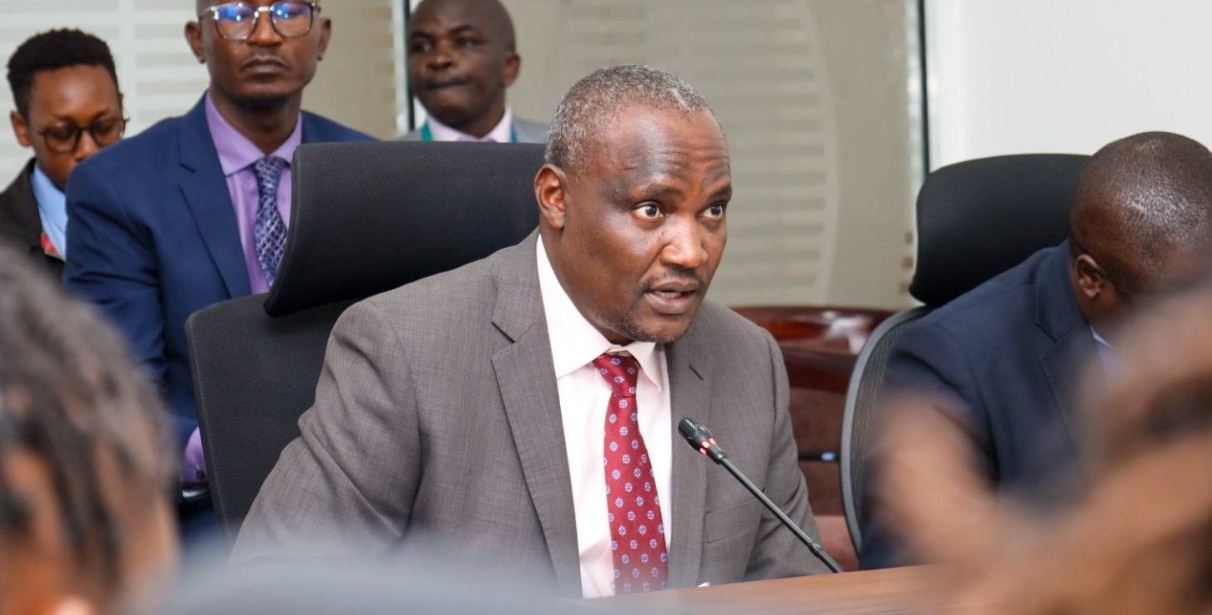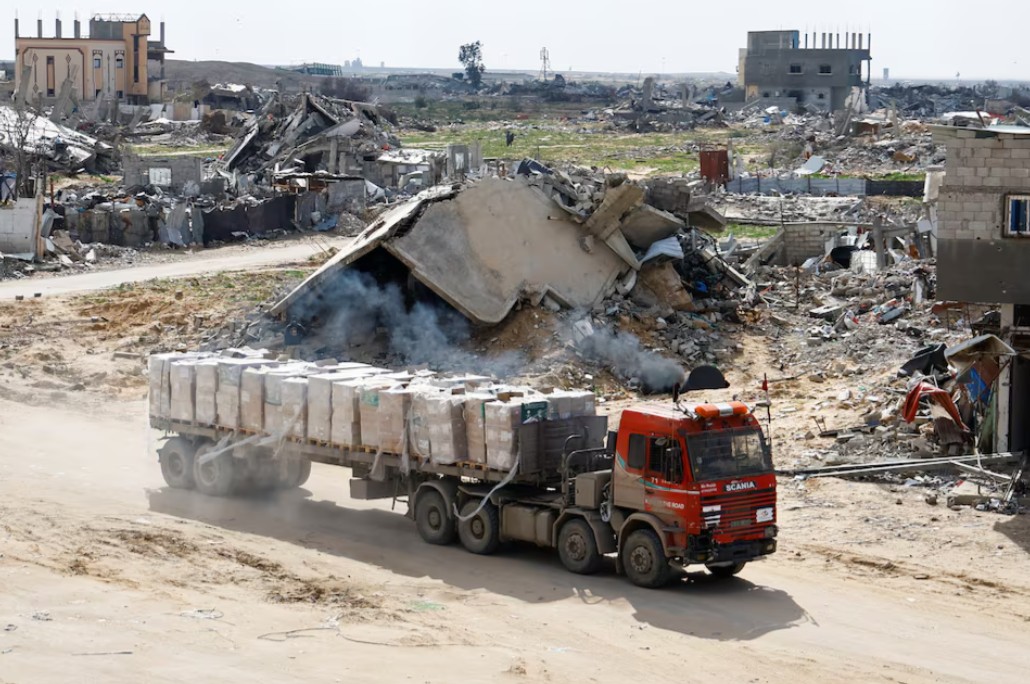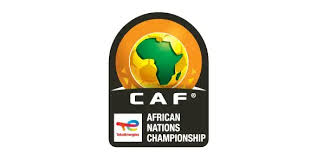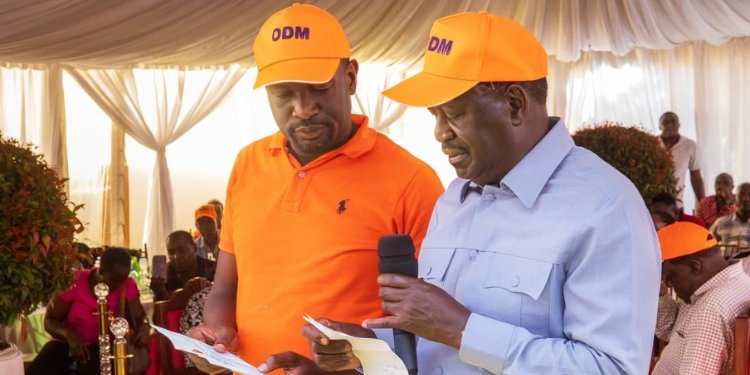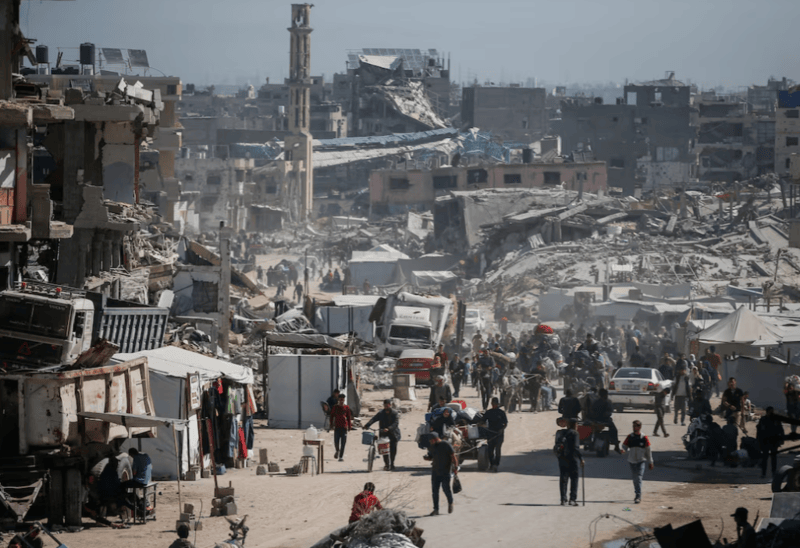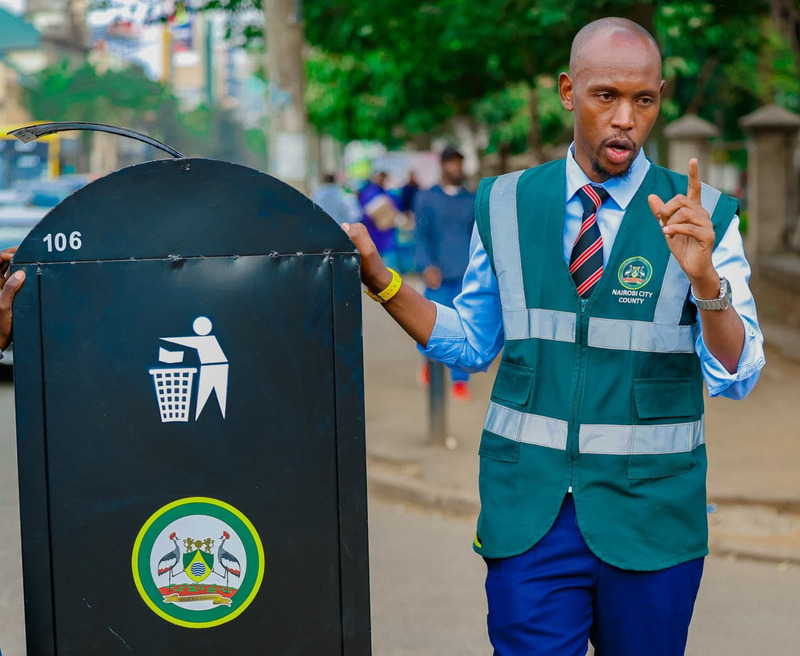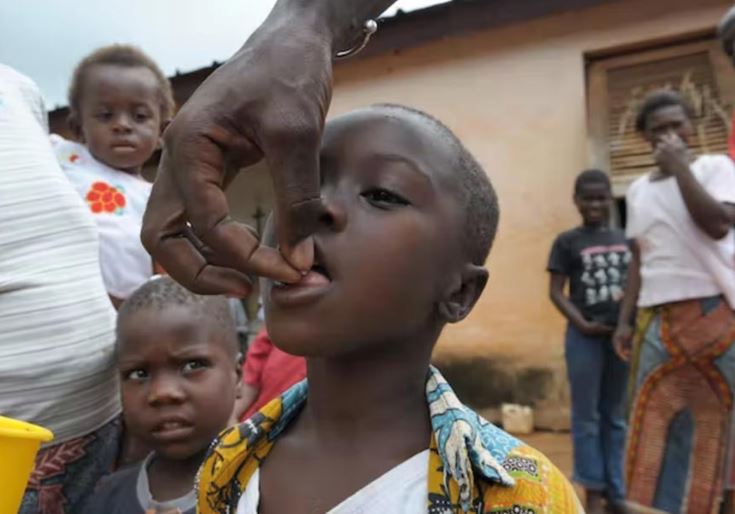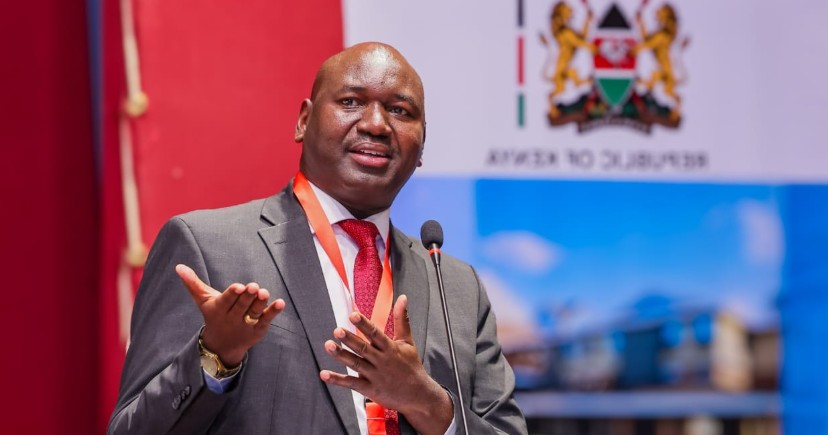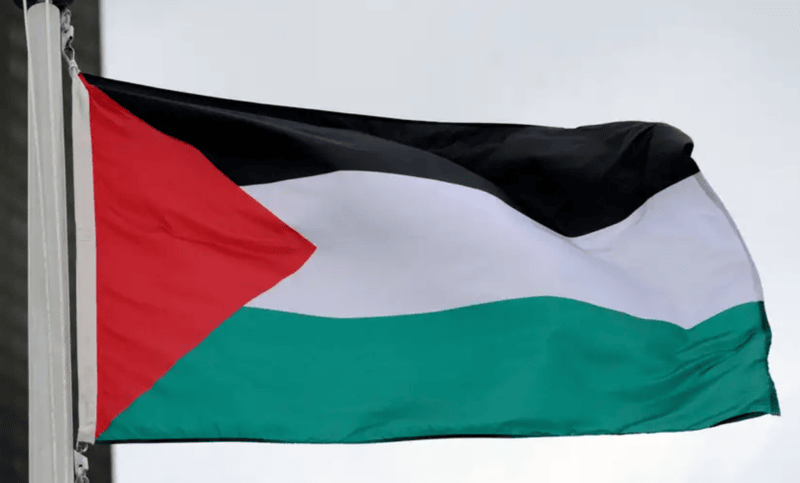DPP Renson Ingonga denies executive influence in activists’ terror charges
Giving an example of the burning of Kikuyu law courts, DPP Renson Ingonga said any act destroying a government installation is an act of terrorism.
The Director of Public Prosecutions, Renson Ingonga, has defended terrorism charges levelled against criminal suspects who allegedly torched police stations and government installations during the June and July protests.
Ingonga said the decision to charge the criminal suspects with such charges was independently made by his office and not influenced by the executive, because the protests were against the executive.
He said the charges are provided for in the Prevention of Terrorism Act (POTA) of 2012 and denied being under pressure to charge the government dissidents with serious offences to silence them and stifle civil liberties.
More To Read
- Murkomen orders bandits to surrender guns or face forceful disarmament
- Reprieve for MP Mukunji as court dismisses DCI's request for extended detention on terror charges
- Terrorism or protest? What Kenyan law says about anti-government demos and charges
- Murkomen puts inciting politicians on notice, vows crackdown in Rift Valley
- Interior CS Kipchumba Murkomen slams LSK for 'backing violent protest suspects over victims'
- Bobby Mkangi: Terrorism charges on protesters show government's weakness, not strength
Giving an example of the burning of Kikuyu law courts, Ingonga said any act destroying a government installation is an act of terrorism.
"Under the POTA, terrorism is not only when you use bombs, but if you commit acts that endanger human lives and government installations - that is an act of terrorism. That is why we can charge people under that Act, not that there is anything," stated Ingonga.
"We are not required to charge under that Act (POTA) only when people have guns. It is an Act passed in 2014 by our legislature, and it does not mean that when a law has not been applied for some time, when you apply it, then it is not the law. That is the law."
The DPP said the charges meet the two factors of consideration when making the decision to charge - the evidential test, whether there is sufficient evidence to secure a conviction or sustain a charge, and the public interests test to determine the public interests to be attained through the prosecution.
He said the Office of the DPP (ODPP) is guided by its profound constitutional mandate under Article 157 of the constitution and the ODPP Act and other relevant policy documents, including the Decision to Charge Guidelines, in the exercise of its duty.
"The constitution vests in the DPP the authority to institute and undertake criminal proceedings independently, without direction or control from any person or authority. This mandate carries immense power, and with it, an equally immense responsibility," stated Ingonga.
"The DPP does not work under any direction or authority, and it doesn't mean that if the demonstrations are against the executive, when the DPP makes a decision, it is from the executive. We make our own decisions based on the law and available evidence."
Ingonga spoke during the opening of a two-day training programme for prosecutors on the decision to charge Policy organised by the International Justice Mission (IJM).
He said the policy guidelines are arguably the most critical policy document that outlines the exercise of prosecutorial decisions, as it has the potential to alter lives, affect liberties, and shape the public's trust in criminal justice.
"That is why these guidelines emphasise an evidence-based, victim-sensitive and rights-oriented approach. We are called upon to be impartial gatekeepers of justice, ensuring that we prosecute the right person for the right offence and that we do so with the utmost integrity, objectivity and care," said the DPP.
Top Stories Today



